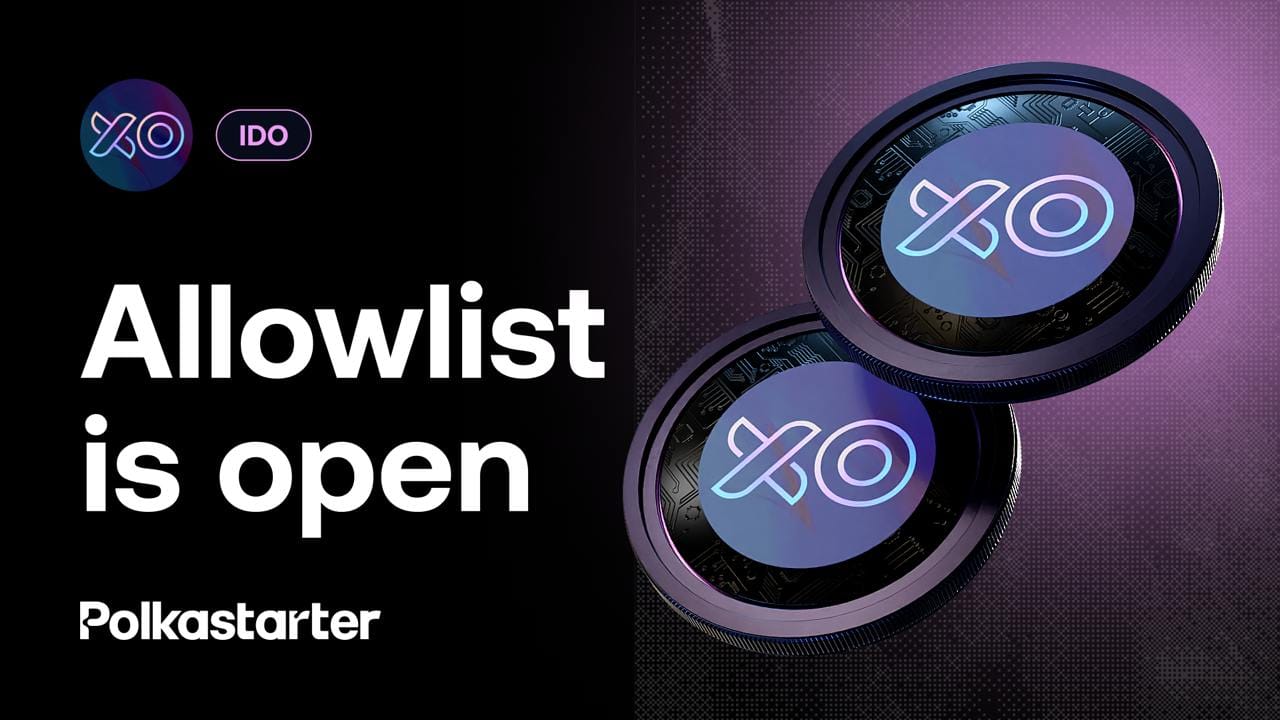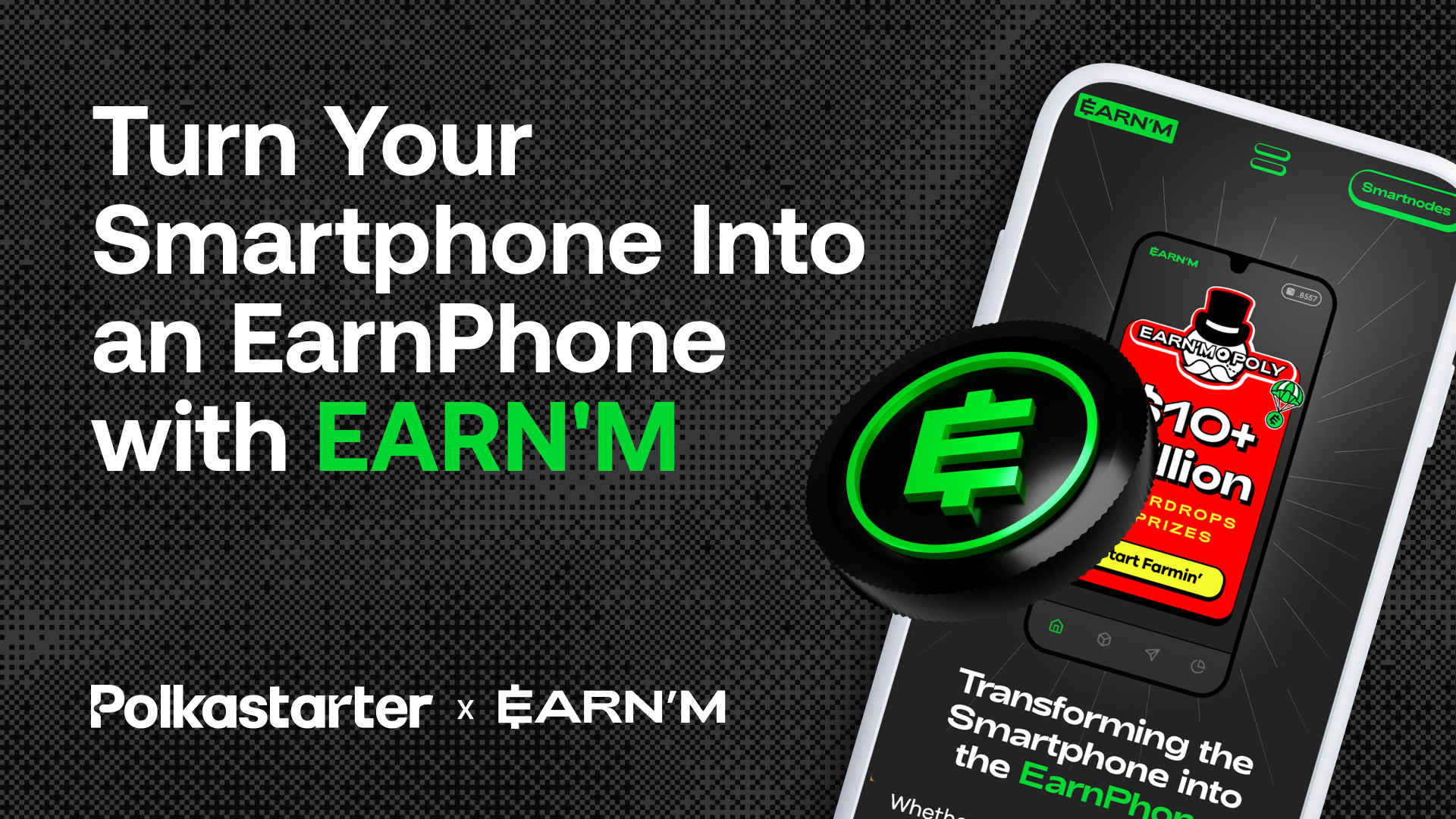
Is Your Token a Security?
Exploring Possible Scenarios for IDO Projects and Participants Past XRP Verdict
Navigating the high seas of the digital economy is not easy, especially when it comes to the uncharted waters of cryptocurrency regulations. And with the XRP ruling making headlines, with the case not yet being closed, the topic remains hot. Strap in, as we take a deep dive into the realms of securities, their connection to crypto tokens, and the regulatory hoops and hurdles for Initial Decentralised Offerings (IDOs) in the United States.
What are securities?
Securities are fungible, negotiable financial instruments – think stocks, bonds, or options – that hold monetary value. They can represent different things like ownership (stocks), a loan (bonds), or rights to ownership (options) - those are 3 of the main categories of securities. However, the precise definition of the term 'security' is more open-ended.
In the U.S., public sales of securities are regulated by the Securities and Exchange Commission (SEC). To identify whether an asset you buy or sell is a security, SEC uses the Howey test - more below.
The Howey Test
The Howey Test determines whether a transaction qualifies as an "investment contract" - a necessary checkmark for the securities. It refers to the U.S. Supreme Court case (SEC vs. Howey, 1946), and comprises 4 questions: 1. Is there an investment of money? 2. Is it in a common enterprise? 3. Is it for profit? 4. Are profits coming from the work of others?
If all answers are a "yes", you're dealing with an “investment contract”, and a security.
XRP case recap
Now, let’s have a closer look at the XRP case.
Ripple Labs emerged on the fintech scene in 2012 with an innovative proposal: to provide financial institutions with the means to swiftly and economically facilitate cross-border money transfers. To achieve this, Ripple created the RippleNet network, utilising a cryptocurrency known as XRP for real-time settlement and clearance of transactions.
However, the use of XRP evolved beyond its original function. Ripple’s founders used XRP to raise funds in 2013, prompting the SEC to file a lawsuit against Ripple Labs and its current and former CEOs in 2020, under the accusation of conducting an unregistered initial public offering (IPO) of XRP, which the SEC deemed a security, to raise capital. The SEC charged Ripple—and two of its executives, Brad Garlinghouse and Christian Larsen—with selling unregulated securities valued at more than $1.4 billion to the public over the years via their company-offered XRP.
According to the SEC, Ripple Labs unlawfully raised funds by selling XRP tokens in unregistered securities offerings to investors both within the U.S. and globally. Furthermore, Ripple allegedly compensated for non-cash services such as market-making and labour with XRP.
Ripple's co-founder and former CEO Chris Larsen, along with the current CEO Brad Garlinghouse, were accused of conducting personal unregistered transactions of XRP worth around $600 million. They were also accused of promoting XRP sales to support the company's operations.
Applying the Howey test, the SEC claimed that XRP qualifies as a security due to its usage in financing Ripple’s platform and enriching the company's management. This claim triggered a landmark court case, as Ripple chose to battle the allegations in court rather than settle and pay penalties, arguing that the SEC had never warned them about the potential classification of XRP as a security.
The SEC often succeeded in court cases, with judges typically agreeing that the crypto assets in question were securities.
However, in a surprising turn of events, Judge Analisa Torres partially ruled in favour of Ripple Labs on July 13, 2023. While she found that Ripple did violate the laws when selling XRP to institutional buyers like hedge funds, she did rule that Ripple had not violated securities laws when offering XRP on public exchanges.
As a result of this ruling, both the SEC and Ripple Labs claimed partial victories.
Significance for the crypto industry
Judge Analisa Torres ruled XRP itself is not an investment that "embodies the Howey requirements of an investment contract." In the summary judgement, the court ruled that “programmatic sales” — defined as sales from Ripple Labs to buyers on an exchange — are not securities, contrary to the token sales directed to institutional buyers.
The case remains unclosed, as the SEC lawyers implied Judge Torres’ ruling about XRP sold on secondary markets was “wrongly decided” in the documents filed on Friday, July 21, 2023, as part of an ongoing case against Terraform Labs. According to the SEC, the ruling “creates an artificial distinction between the expectations of sophisticated institutional and retail investors”. SEC stated that it will seek the review and appeal Judge Torres's decision.
Ripple, along with other crypto firms, calls for clear regulation and protection over retail investors and sees the XRP case as a “light in the tunnel” on the way to stop the SEC from acting as a “cop on the crypto beat” and out of the legal jurisdiction. So far, the question of whether crypto tokens should be treated as securities had to be assessed on a case-by-case basis.
Resuming: sales of Ripple's XRP token directly to institutional investors violated the SEC's rules, but offerings to retail investors on exchanges didn't, delivering what was widely seen as a victory to the crypto industry. This ruling might set a model for future regulatory proceedings against crypto firms, although we need to wait as the case is not yet closed. The industry continuously calls for clear regulation regarding cryptocurrencies' status.
It’s worth mentioning that Bitcoin (BTC) is not treated by the SEC as a security. Due to its proof-of-work mechanism and decentralization (no enterprise rules it), it fails the Howey test and is ruled by commodity laws instead.
IDO laws in the U.S for projects/participants before XRP
Before we dive into the post-XRP shenanigans, let's lay down the groundwork of the regulatory landscape for IDOs in the U.S.
While regulations can be as complicated as a Rubik's cube, the Howey Test is again the go-to tool to figure out if the token involved in the IDO is a security. If it is, then the IDO must follow SEC's rules, which usually means registering the offering with the SEC or finding an exemption.
For projects and participants, entering the IDO game without knowing if a token is a security is like playing poker blindfolded. If things go south, they could face fines, the return of funds to investors, and in some cases, even legal action. According to the SEC, “all of the ICOs fall under security law”. In reality, to legally sell the tokens in the US, projects need to register with the SEC (there are exceptions!), which will allow them to sell the tokens to accredited investors, registered with the SEC under certain income conditions.
Due to the seemingly complicated regulatory procedures for token sale compliance, and the threat of fines, US citizens are typically restricted from participating in IDOs and other token offerings, by the condition of KYC/AML completion.
Note: it’s crucial to understand your country’s laws and regulations towards cryptocurrencies beforehand, and seek legal advice with any uncertainties.
Now that we've set the stage, let's see how the recent XRP ruling could potentially change the IDO game. Stay tuned!
What could change after the XRP ruling?
What should and shouldn’t count as a security in the eyes of US regulators? One of crypto’s biggest debates turned promising for retail-facing projects after an XRP ruling. But like many things involving the sector, the decision wasn’t completely clear-cut.
The SEC can appeal Judge Torres’ decision. In that case, a new investigation will be performed. However, only the pieces of evidence and documents submitted to the original case can be taken into consideration, making it unlikely for the SEC to succeed in their claim. If the decision remains unchanged, the XRP case may become a frame for other similar cases to prove tokens listed on exchanges in programmatic sales are not securities.
Are IDOs programmatic sales?
IDOs are a special type of public sale, where the tokens are launched in a decentralised manner. If the XRP verdict regarding programmatic sales stays unchanged, it could lead the way for projects proving in court that their offerings are a type of programmatic sales, allowing for token sales to the broader crowd. This is still a bumpy road that most projects will probably prefer to avoid, however. Programmatic sales are defined as ‘blind’, with buyers not knowing whether the tokens they acquire come from the project, or from other users. This makes it unlikely for IDOs to be classified as ‘programmatic’.
The XRP case still stands as an important precedent, shaping how cryptocurrencies and digital assets can be regulated in the future. This still ongoing case might set a model for future regulatory proceedings against crypto firms. Keep an eye out for the updates.
The debate over crypto regulation is ongoing. Just recently, two crypto regulatory bills have been passed by the United States House Financial Services Committee. While it’s not a victory yet, we’re eagerly awaiting some much-needed regulatory clarity.
The bottom line: understanding the rules of the game can help you avoid major pitfalls in the wild world of crypto. It’s advisable to understand your country’s laws and regulations and consult a lawyer with any uncertainties.
At Polkastarter, we always remain compliant and keep an eye out for any regulatory changes and requirements.
About Polkastarter
Polkastarter is the leading decentralized fundraising platform enabling crypto’s most innovative projects to kick-start their journey and grow their communities. Polkastarter allows its users to make research-based decisions to participate in high-potential IDOs, NFT sales, and Gaming projects.
Polkastarter aims to be a multi-chain platform. Currently, users can participate in IDOs and NFT sales on Ethereum, BNB Chain, Polygon, Celo, and Avalanche, with many more to come.
Website | Twitter | Discord | Telegram | Instagram | Newsletter | YouTube
Polkastarter Blog - Latest Polkastarter News & Updates Newsletter
Join the newsletter to receive the latest updates in your inbox.





